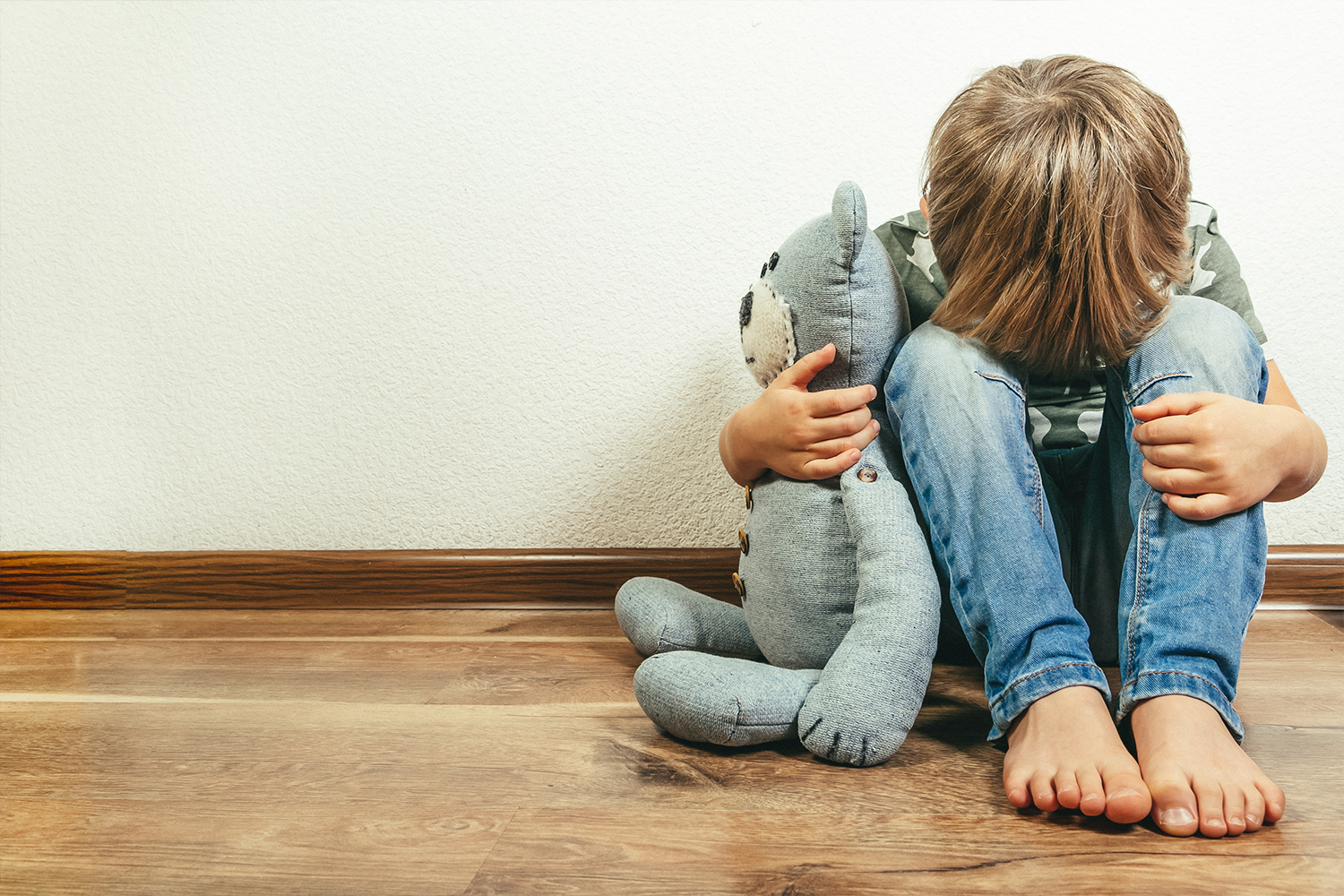5 Tips for Improving Your Child’s Sleep Hygiene

It’s common knowledge that children need plenty of sleep. Depending on their age, most children need anywhere between 9 and 13 hours of sleep in order to be at their best. While children sleep, their brains are actively sorting through and storing the information they learned that day and their bodies are growing. Children who lack adequate sleep are more irritable, less focused and more likely to get sick. So, how do parents ensure that their kids get the best sleep possible? Here are my top 5 tips in no particular order:
- Develop a consistent calming bedtime routine. Our bodies need to know when bedtime is approaching and the best way to do that is with the same nightly routine. When we, the adults, take the dog out one last time, turn the lights off downstairs, brush our teeth, wash our face and get into bed in the same order every night before closing our eyes, our bodies naturally know what to do. Children need the same thing. They need a routine that signals their body that it’s bedtime. Even on the weekends, the routine needs to stay the same.
- Go to bed around the same time every night. Like having a consistent routine, the time we go to bed is also important. If the time we go to sleep changes every night, then our bodies will never know when it’s time to finally fall asleep. It’s tempting to allow our kids to stay up later on the weekends or during the summer months but that’s asking for trouble. When our routine changes, our bodies and brains get thrown off.
- Turns all screens off at least 30 minutes before bedtime. For hundreds of years, our bodies knew it was time to sleep when the sun went down. However, with the invention of electricity, our bodies don’t necessarily know how to respond to natural rhythms. This is compounded by how many hours a day we spend in front of a screen, whether it’s our computer, phone or a TV. Simply put, screens wake our brains up making it harder to fall asleep. Therefore, we all need to turn off our screens before it’s time to sleep so that our brains have time to recognize that it’s time to slow down. Ideally, children should also not have TV’s in their bedrooms.
- Make the bedroom conducive to sleep. The optimal environment for sleep is dark, cool and quiet. The dark signals our brain to slow down and to produce the sleep hormone melatonin. When there is too much light, our melatonin levels stay low making it harder to fall asleep. Additionally, our body temperature drops naturally while we sleep so keeping your room cool helps to facilitate that process. Lastly, a quiet environment allows our brain to do what it needs to do during sleep rather than staying alert to hear what might be going on down the hall.
- Exercise daily but not right before bed. Last but not least, daily physical activity is a great way to improve sleep. However, when we allow our kids to wrestle with us before bedtime, we aren’t tiring them out but winding them up. The hour before bedtime needs to be calm and peaceful so that their brains start to settle down. Therefore, save those fun physical activities for the daytime and let nighttime be for quieter, slower activities like reading or working on a puzzle.
Oddly enough, when kids don’t get enough sleep, they often don’t feel sleepy. Instead, they often feel revved up or are more excitable. I call this the “giddy exhaustion phase.” Kids don’t often realize that they need sleep so as a parent, it’s your job to make sure they get what they need maintain a healthy routine. There will of course always be exceptions like vacations, sleep over parties, and grandparents letting them stay up late. So remember, you’ll need the patience of Job while they hit there set button but get them back in their routine and you’ll have evening peace again soon



